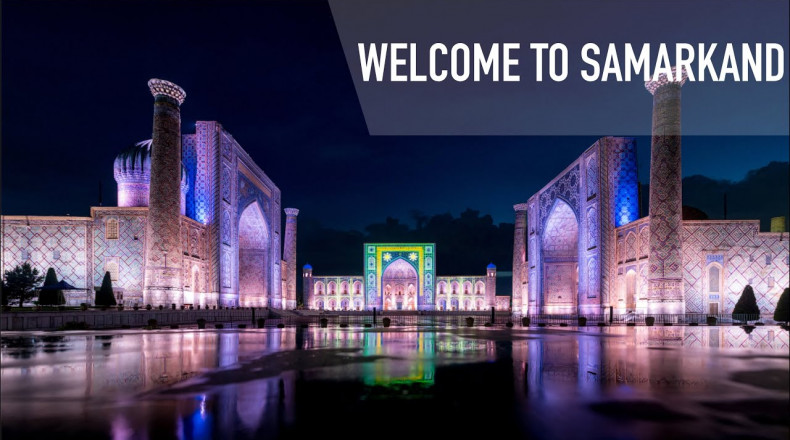
Uzbekistan on the World Stage: Hosting the 43rd UNESCO General Conference
The United Nations Educational, Scientific and Cultural Organization (UNESCO) was established on November 16, 1945, and as of 2025, it comprises 194 member states. UNESCO’s official activities and documents are conducted in Arabic, English, French, Spanish, Russian, and Chinese.
The main goal of UNESCO is to promote peace, security, and sustainable development through international cooperation in education, science, culture, and information. To achieve this, UNESCO promotes literacy and inclusive digital education, supports scientific research on climate change, water resources, and biodiversity conservation, preserves the world’s cultural and natural heritage, and advances freedom of expression while encouraging the use of the Internet to foster peace, development, and respect for human rights.
UNESCO’s organizational structure consists of three main bodies: the General Conference, the Executive Board, and the Secretariat. In addition, UNESCO operates through national commissions and global networks. Each member state’s national commission coordinates UNESCO programs at the national level (for example, the National Commission of the Republic of Uzbekistan for UNESCO).
UNESCO’s global network includes more than 50 field offices, specialized institutes, centers, and the World Heritage List, ensuring the implementation of the Organization’s objectives across different sectors and communities. For instance, the Department of Religious Studies and Comparative Study of World Religions under UNESCO at the International Islamic Academy of Uzbekistan is one of 31 branches in 27 countries specializing in interreligious and intercultural dialogue.
The General Conference is UNESCO’s supreme decision-making body. It convenes every two years to determine the Organization’s policies, programs, and budget. Every four years, the General Conference elects members of the Executive Board and appoints the Director-General of the Secretariat. (At the 43rd UNESCO General Conference in Samarkand, the newly elected Director-General, Dr. Khaled El-Anany from Egypt, will officially begin his term.)
Representatives of all member states participate in the General Conference, each having one vote on proposals and conventions presented during the session. Non-member states, as well as intergovernmental and non-governmental organizations, may take part as observers.
To organize the work of the General Conference, organizational and working commissions are established, and the session is chaired by a President of the Conference, elected by the participants.
From October 30 to November 13, 2025, the 43rd session of the UNESCO General Conference will be held in Samarkand, Uzbekistan. This event is regarded as the first major UNESCO conference in 40 years to take place outside Paris.
At the 42nd session held in Paris in 2023, Uzbekistan’s proposal to host the next session of the General Conference in Samarkand was unanimously supported by all member states.
Within the framework of the 43rd session, a wide range of thematic events are planned, including enhancing the role of artificial intelligence in explaining museum ecosystems, proposing the inclusion of Ramadan and Eid al-Adha in UNESCO’s Intangible Cultural Heritage list, designating August 21 as the International Day of Underwater Cultural Heritage, and developing an interactive platform to strengthen global communication among teachers.
Hosting the 43rd UNESCO General Conference in Samarkand will position Uzbekistan as a key regional hub on the global stage. The planned events will not only showcase Uzbekistan’s rich historical and cultural heritage, but will also help promote the cultural treasures of Central Asia to the world.
Moreover, during the session, it is planned to include several Uzbek cities in UNESCO’s international networks of Creative Cities and Learning Cities, which will further contribute to the global recognition of Uzbekistan’s traditions as part of universal cultural heritage.
Odiljon Ernazarov,
PhD Head of the UNESCO Chair in Comparative Study of World Religions
 O`Z
O`Z
 РУ
РУ
 EN
EN
 العربية
العربية


New comment